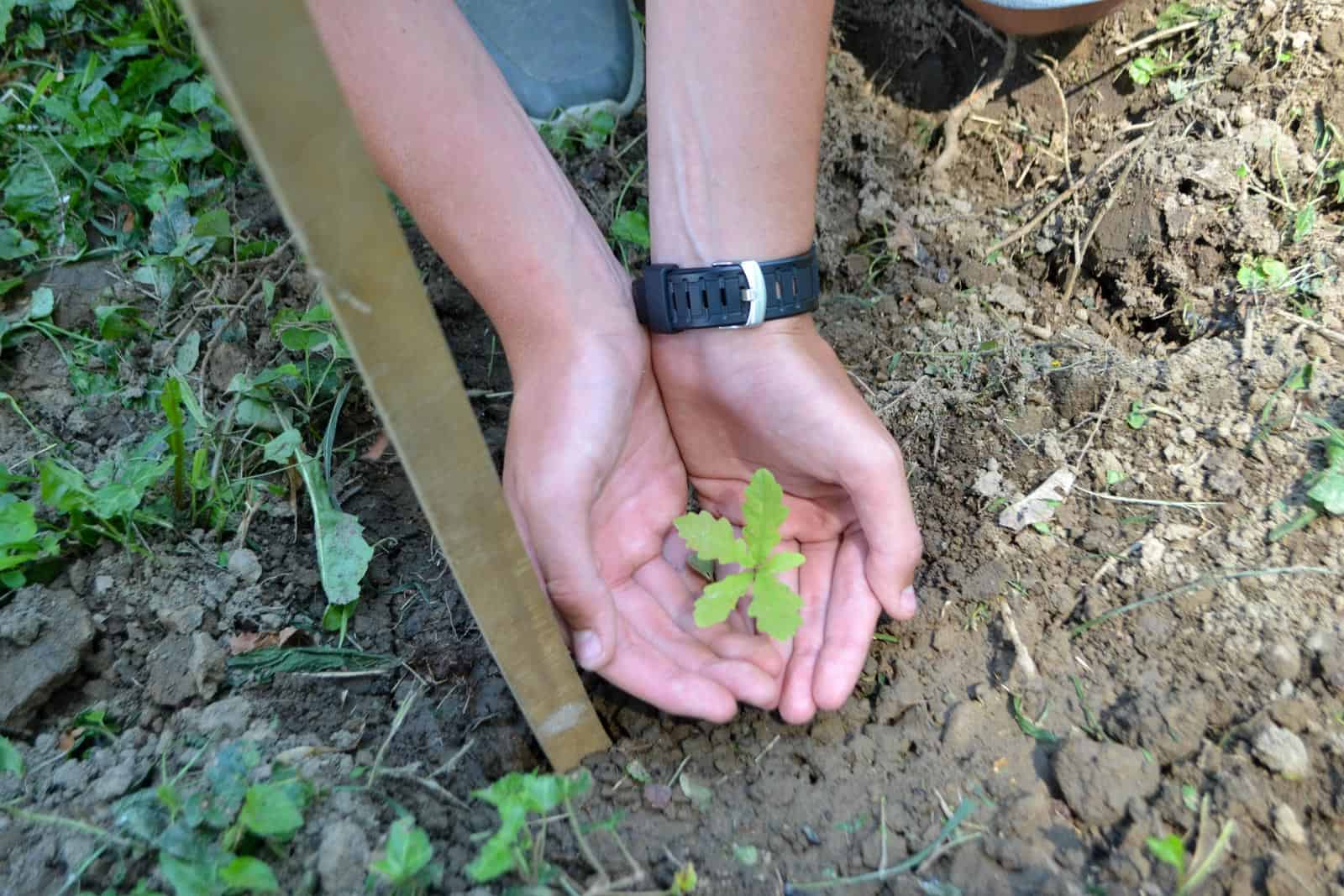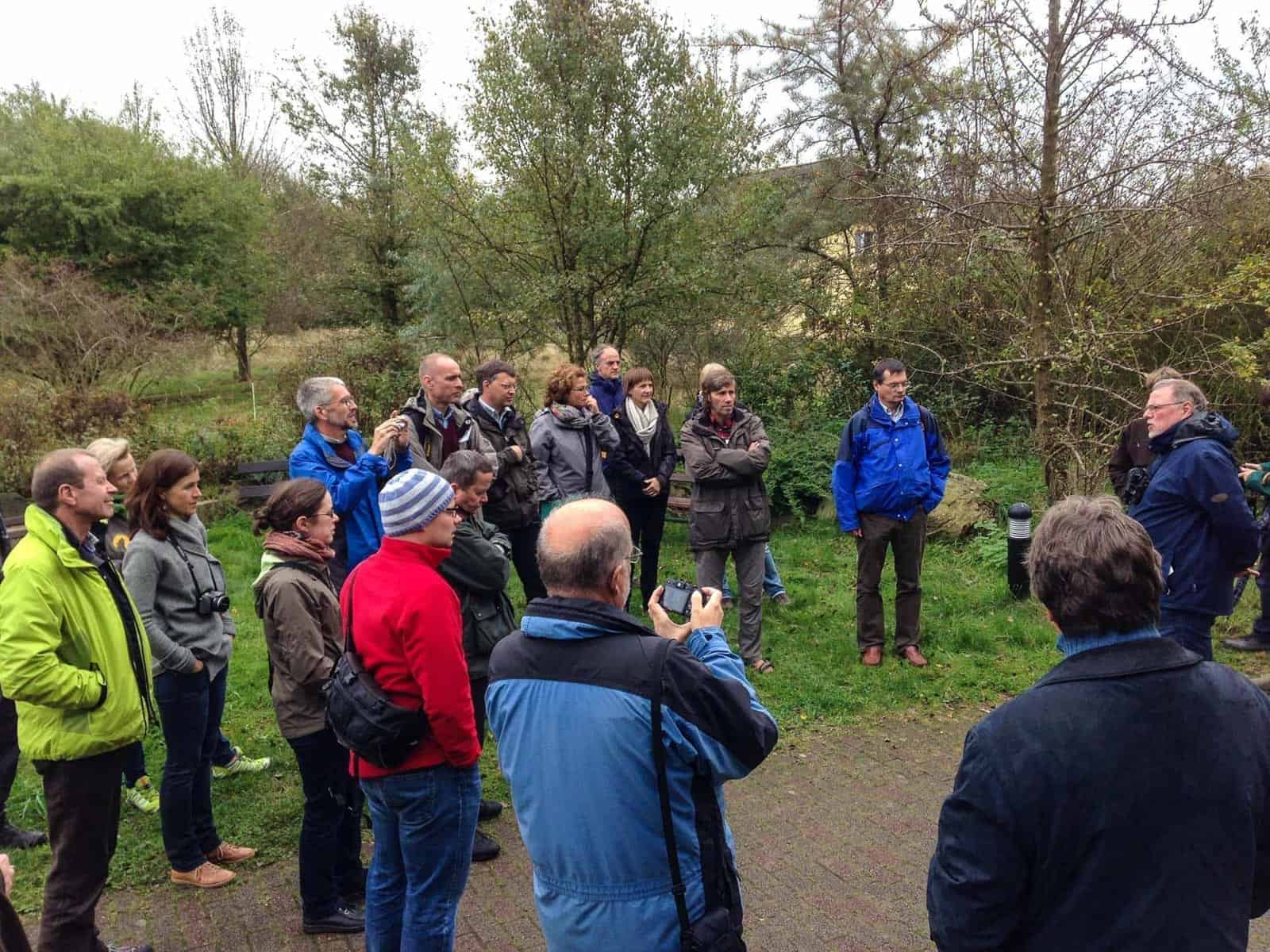Celebrating Global Recycling Day 2024
On March 18, the world celebrates Global Recycling Day, an urgent reminder of our common duty to the environment and the critical need for recycling. This year’s spotlight is on #RecyclingHeroes – individuals, organisations, and initiatives throughout the world who support recycling for a more sustainable planet and a greener future for all. As we commemorate this occasion, let us look at the essence of recycling, its importance, and the route forward to a circular economy.
Understanding the Significance of Global Recycling Day
Global Recycling Day, initiated in 2018, underscores the essential role of recycling in preserving Earth’s resources and safeguarding our future. At its core, this day serves as an appeal to world leaders, urging them to recognize recycling as a global imperative. The theme for World Recycling Day 2024, #RecyclingHeroes, underscores the efforts of individuals and entities driving change through recycling. This year, the Global Recycling Foundation recognises such heroes from around the globe. You can read more here.
The Urgency of Recycling in the Face of Climate Crisis
Recycling is at the forefront of efforts to address the climate issue. With the last decade being the hottest on record and the approaching threat of a climate emergency, the need for recycling has never been clearer. The Global Recycling Foundation reminds us that recycling reduces CO2 emissions by about 700 million tonnes each year, with forecasts predicting a possible increase to 1 billion tonnes by 2030. Failure to embrace recycling not only sustains the cycle of resource degradation and environmental deterioration, but it also exacerbates the effects of global warming. As greenhouse gas emissions continue to grow, the implications of inaction become more dire, endangering ecosystems, livelihoods, and the well-being of future generations.
Embracing the Circular Economy: A Call to Action
At its core, recycling is an essential component of the circular economy model. Recycling reduces environmental degradation while simultaneously fostering economic resilience and lowering our carbon footprint. The circular economy mindset prioritises resource efficiency, waste minimization, and environmentally friendly production techniques. Through initiatives like World Recycling Day, we drive for a unified approach to recycling, crossing geographic barriers and encouraging worldwide collaboration.
The Role of Individuals and Communities
While systemic improvements are required, individual efforts play an important role too in pushing recycling initiatives ahead. Sorting waste carefully, reducing material consumption, choosing to repair rather than buy new, and supporting local recycling programmes are all practical steps towards a greener future. The concept of “think resource, not waste” emphasises the transformative power of human decisions in producing sustainable outcomes.
Bridging the Circular Gap: A Global Endeavour
Despite progress in recycling awareness campaigns, there is a significant disparity between the global utilization of primary and secondary raw materials. The circularity gap, as highlighted by organizations such as Circle Economy, emphasizes the importance of bridging this disparity. The circularity gap quantifies the inefficiencies in resource utilization within an economy, highlighting the need for increased recycling and reuse of materials to minimize waste and environmental impact. The European Union’s ambitious aims for recycling up to 55% of garbage by 2025 and achieving full circularity by 2050 demonstrate its commitment to a sustainable future and closing the circularity gap. Let’s hope this ambitious goal will be achieved. Let’s work together to create a circular economy in which garbage is not an end but a new beginning, and every act of recycling demonstrates our dedication to the planet and future generations.









